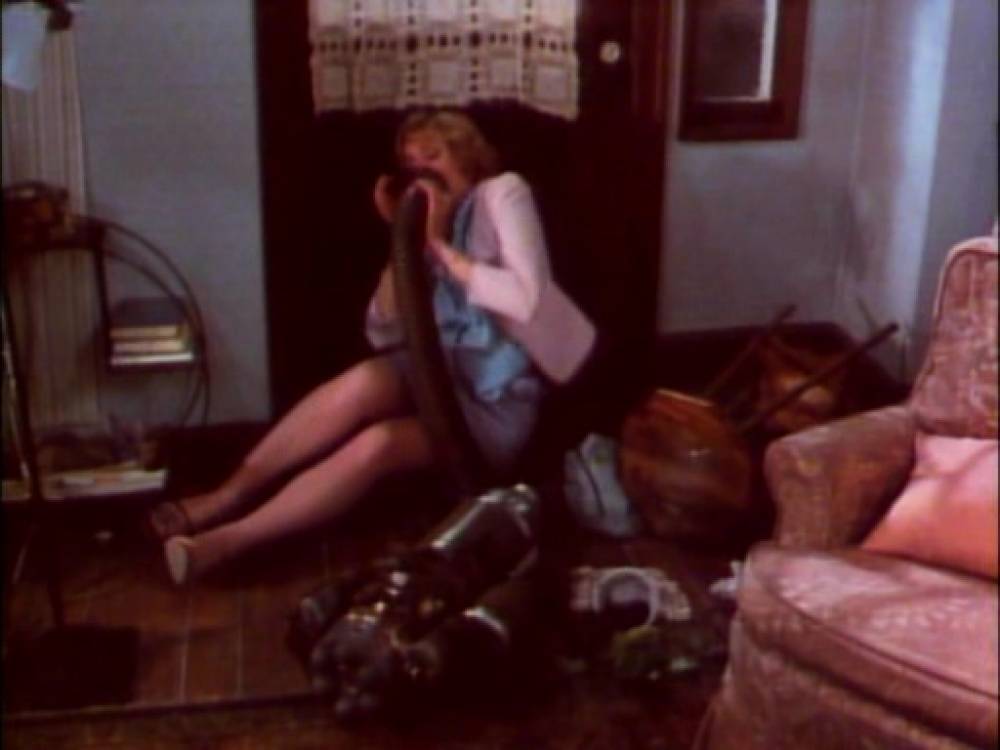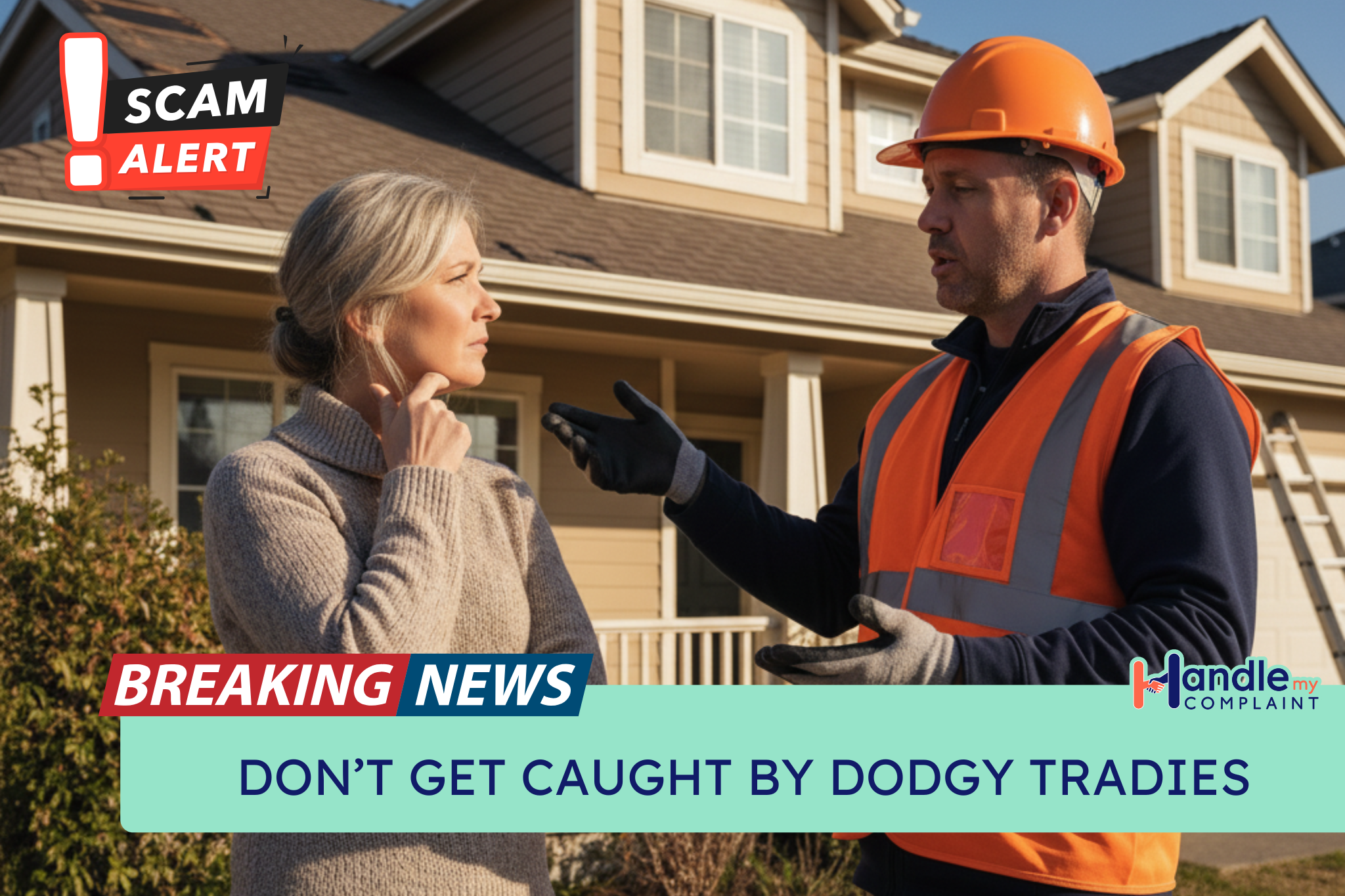
Why recalls aren’t working
Last updated on September 23rd, 2022
Is it a case of a horror movies come to life - are our everyday items out to get us? Last year, there were 670 product safety recalls – up 12.4 per cent from the previous year. We better get accustomed to more recalls. Brands are worried about what happens to their reputation if they don’t do a recall, so you better start paying attention.
In an episode from Tales from the Darkside, a babysitter entertains a bunch of kids by inventing a creature that eats sounds. Things turn nasty when the vacuum starts eating everything and everyone in the house.
In real life, we’ve had:
-
- chocolate laced with plastic,
- washing machines catching fire,
- furniture falling on kids, and
- cars rolling away when left in 'park'.
This year, we’ve had more cars recalled than ever before. There are plenty of disgruntled car owners, some even taking to youtube or kickstarter to raise awareness to what they perceive as a ‘lemon’ car.
Each year, car manufacturers issue safety recalls for thousands and thousands, and sometimes even hundreds of thousands of cars. More often than not, the reason a car gets recalled is to rectify a safety issue. So it’s vital, that if you do receive a recall notice in the letterbox that you follow the instructions contained within the letter and get the issue seen to immediately.
So, should you be worried if you receive a recall notice for your vehicle? The short answer is no, but, as mentioned above you should make an appointment with your local dealer to get the issue sorted as soon as possible. Most car safety recalls are for very minor issues that won’t have a catastrophic affect on your vehicle, but that doesn’t mean you should ignore them.
Unlike the US, Australia doesn’t currently have lemon laws - a law that aims to protect new car buyers by spelling out when a car manufacturer or supplier must repair, replace or refund a consumer’s car. We have the Australian Consumer Law and ACCC’s Product Safety department.
Here's the top things you need to know about the recalls process:
-
- There are two types of recalls, Mandatory recalls and Voluntary recalls.
- Most recalls in Australia are Voluntary, this is because the supplier initiates the recall.
- If the government or regulators think the product poses a safety risk and the supplier has not taken satisfactory action to recall the goods they activate the recall, and it's Mandatory.
- Generally it's the manufacturer or importer that is liable, but sometimes it's the retailer if the manufacture or importer can't be identified.
- You can seek compensation for damages and loss caused by a safety defect in products supplied by a manufacturer.
A mandatory recall means suppliers of consumer goods must:
-
- replace the goods
- repair the goods, unless recalled due to a dangerous characteristic; or
- refund the purchase price. The notice can specify a reduced refund for goods supplied more than 12 months before issue of the recall notice.
Check out the new ACCC Recalls website, where you can take a look at all current recalls and sign up to receive regular updates.
If you have a complaint to make, we will help you lodge it correctly. We are here to help you handle it. Just say the magic words 'Help Me Handle It'.





